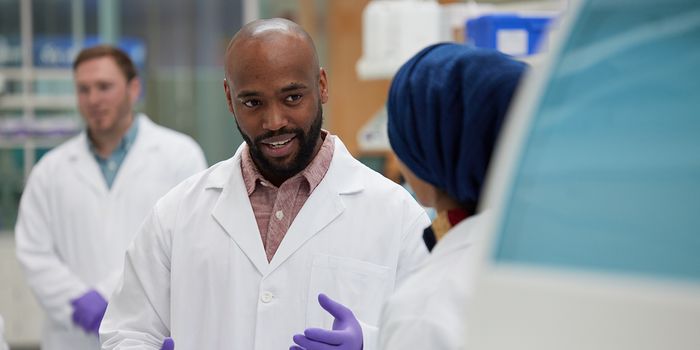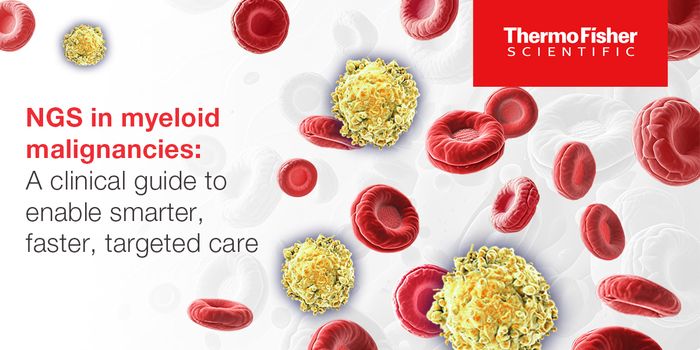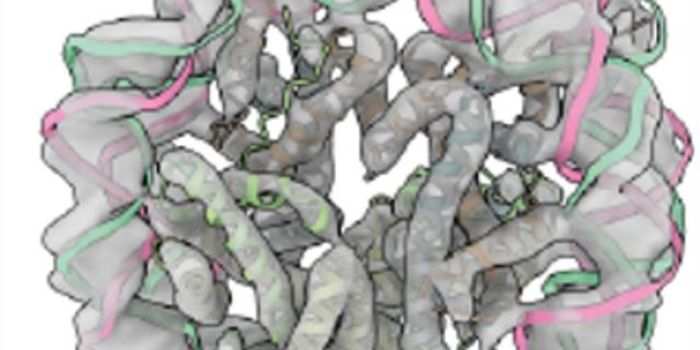Towards a Blood Test for Drowsy Driving
Driving is an everyday activity for many people around the world, and it comes with serious risks. Drivers can reduce those risks to themselves and others on the road if they’re responsible, and avoid driving while impaired. Sleepiness is a major cause of impaired driving, and some studies have shown that it’s as dangerous as driving while drunk. New research has identified gene expression changes that happen during sleep deprivation, which opens up the possibility of a drowsiness test that could evaluate drivers.
"We all know that insufficient sleep poses a significant risk to our physical and mental health, particularly over a period of time. However, it is difficult to independently assess how much sleep a person has had, making it difficult for the police to know if drivers were fit to drive, or for employers to know if staff are fit for work,” explained Dr. Emma Laing, Senior Lecturer in Bioinformatics at the University of Surrey.
In this study, led by Professor Derk-Jan Dijk of the Sleep Research Centre at the University of Surrey, 36 volunteers went without sleep for one night. Over the 40 hours they spent sleep deprived, researchers took blood samples. That enabled them to look at how the expression of thousands of gene expressions changed.
With a machine learning algorithm, the team found 68 genes that were relevant to sleep deprivation. That reinforces the idea that going without sleep has a major impact on the body. An individual's blood sample could also then be assessed, and with 92 percent accuracy, a determination could be made about whether the person was well-rested, or deprived of sleep.
"Identifying these biomarkers is the first step to developing a test which can accurately calculate how much sleep an individual has had,” said Simon Archer, Professor of Molecular Biology of Sleep at the University of Surrey. “The very existence of such biomarkers in the blood after only a period of 24-hour wakefulness shows the physiological impact a lack of sleep can have on our body."
A test for drowsy driving can now be developed using these results. Research by the AAA Foundation for Traffic Safety has found that getting only one or two hours less sleep than what is recommended for the day can double the risk of having a car accident. Insomnia and changes in sleep patterns, such as working the night shift, have also been linked to poor health.
"This is a test for acute total sleep loss; the next step is to identify biomarkers for chronic insufficient sleep, which we know to be associated with adverse health outcomes,” noted Professor Derk-Jan Dijk.
Learn more about the dangers of drowsy driving from the video.
Sources: AAAS/Eurekalert! via University of Surrey, AAA, Sleep









